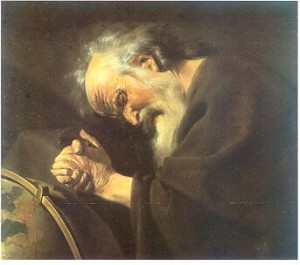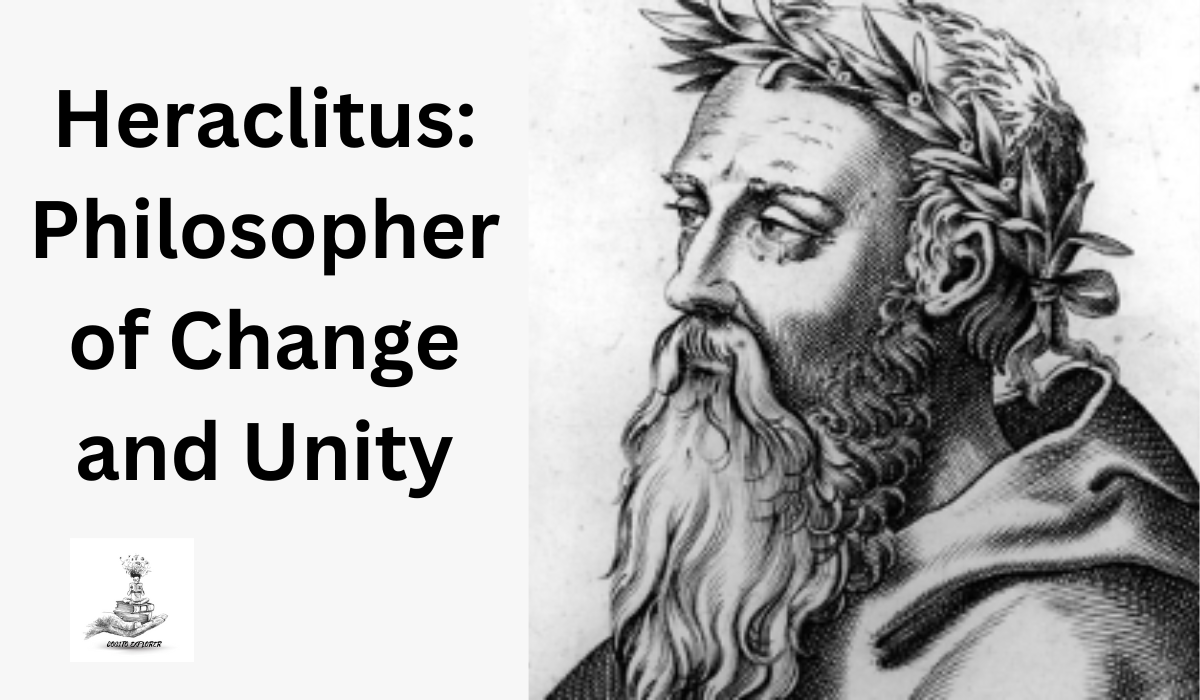Reference




OpenAI's Answer
Heraclitus, an ancient Greek philosopher, is renowned for his doctrine of change and the concept of the unity of opposites. His philosophy emphasizes that opposite forces are interconnected, and their unity is essential for the existence and functioning of the world.
Main Aspects of Heraclitus' Philosophy on Opposites and Their Unity:
-
Constant Change:
- Heraclitus famously asserted that "everything flows" and change is the only constant in the universe. He believed that things are always in a state of flux and transformation (https://plato.stanford.edu/entries/heraclitus/).
-
Unity of Opposites:
- Heraclitus introduced the idea that opposites are fundamentally interconnected and rely on each other for existence. For example, for there to be the concept of 'day,' there must be 'night'; for 'life,' there must be 'death.' This interdependence creates a harmonious balance and is fundamental to understanding the nature of reality (https://ntoll.org/article/heraclitus/).
-
Harmony and Justice in Strife:
- Heraclitus viewed the world as a place where harmony arises from the tension between opposing forces. This dynamic balance between opposites leads to a form of justice and order in the universe (https://en.wikipedia.org/wiki/Heraclitus).
-
Unity in Diversity:
- He proposed that the unity of the world comes from the diversity of its elements. Opposites are not just coexisting but are interdependent, leading to a unified reality despite the apparent diversity (https://study.com/academy/lesson/heraclitus-writings-contribution-to-science.html?srsltid=AfmBOorq5gIxH3aXjG_EMVV7Fhzcu6bWhhiQvNwG7EqZOfkVA8-cp9Uf).
Visual Representation:

Understanding Heraclitus' philosophy involves recognizing that conflict and opposition are not destructive but are necessary for the harmony and ongoing process of change in the universe. This perspective helps us appreciate the intricate balance that maintains the dynamic flow of life.
For a more detailed exploration, you can refer to these sources:
Follow Up
Related
How did Aristotle's reception of Heraclitus influence philosophical thought?
What influence did Heraclitus have on Renaissance thinkers?
How did Heraclitus' concept of the soul differ from Homer's conception?
How does Heraclitus’ philosophy relate to Wittgenstein's concept of stepping into the same river?
What contributions did Ingram Bywater and Hermann Diels make to Heraclitus studies?